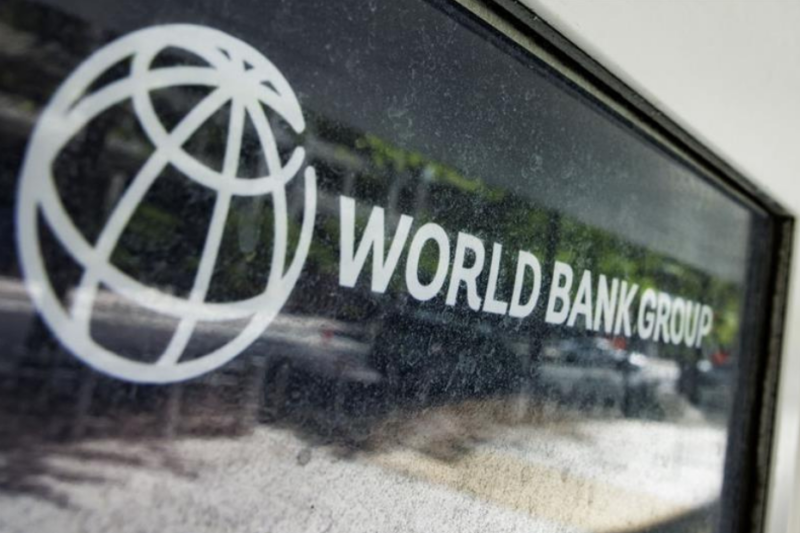Saudi Arabia and Qatar have agreed to settle Syria’s outstanding $15 million debt to the World Bank, a joint statement from the two countries confirmed. This move will enable the World Bank to approve grants for Syria’s reconstruction and help revive the country’s struggling public sector.
Background of the Agreement
Earlier this month, Reuters first reported the news of the agreement. This deal marks a significant shift in financial support for Syria, as it is the first known instance of Saudi Arabia providing funds to Syria since the fall of former President Bashar al-Assad’s regime last year. The settlement also signals a thaw in relations between Syria and key Gulf countries after years of diplomatic freeze.
Saudi Arabia and Qatar’s decision comes after several prior efforts, including Qatar’s initiative to fund salaries in Syria, were delayed due to concerns over US sanctions and the broader political situation.
A Step Towards Reconstruction
The commitment from Saudi Arabia and Qatar is set to allow the World Bank Group to resume support and operations in Syria after a suspension of more than fourteen years. This marks an important development in the long-stalled international efforts to provide Syria with the financial assistance needed for its recovery.
The repayment of Syria’s arrears will unlock critical financial support for Syria’s recovery. This will enable Syria to access financial resources in the near term, particularly for the development of vital sectors. The financial assistance will play a crucial role in supporting Syria’s public infrastructure, including healthcare, education, and transportation.
Call for International Support
Alongside their agreement, Saudi Arabia and Qatar urged other international and regional financial institutions to follow suit and resume their development projects in Syria. They called for international financial institutions to promptly resume and expand their engagement in Syria’s development efforts. This marks a call to action for other nations to step forward and support Syria in its path toward recovery.
The move is seen as a part of a broader shift in Gulf Arab countries’ stance toward Syria. After years of political isolation, the Gulf states are starting to re-engage with Syria. This has raised hopes for the country’s economic revival and the restoration of vital services to its population.
The Importance of the Agreement
Syria’s economy has been severely affected by more than a decade of conflict, which has devastated its infrastructure and displaced millions of people. The country’s public sector, including essential services like healthcare and education, remains paralyzed due to lack of funding. As a result, international financial assistance is critical to helping Syria rebuild and recover.
The settlement of Syria’s arrears to the World Bank represents a significant step toward unlocking much-needed aid for the country. With this financial backing, Syria is poised to receive funding for various reconstruction projects, which are expected to create jobs, improve infrastructure, and restore essential public services.
US Sanctions Remain a Concern
Despite this breakthrough, the involvement of international institutions in Syria remains complicated by ongoing sanctions, particularly from the United States. The sanctions continue to hinder Syria’s ability to access global financial markets, and much of the country’s economic activity remains under tight restrictions. However, the resolution of Syria’s debt to the World Bank could signal that international cooperation, including with financial institutions, is now more feasible.
The long-term success of Syria’s reconstruction efforts will largely depend on continued financial support from the international community and a reduction in political and economic barriers. As Saudi Arabia and Qatar take this initial step, it remains to be seen how other nations and institutions will respond.
Looking Ahead
While the $15 million settlement is just the first step, it could open the door to much larger financial support for Syria’s reconstruction. The move by Saudi Arabia and Qatar is expected to influence other Gulf nations and global financial institutions, paving the way for future contributions to Syria’s rebuilding process.
Syria’s path to recovery is still fraught with challenges, but with this agreement, it appears that significant steps are being taken toward reviving the country’s economy and public services.


